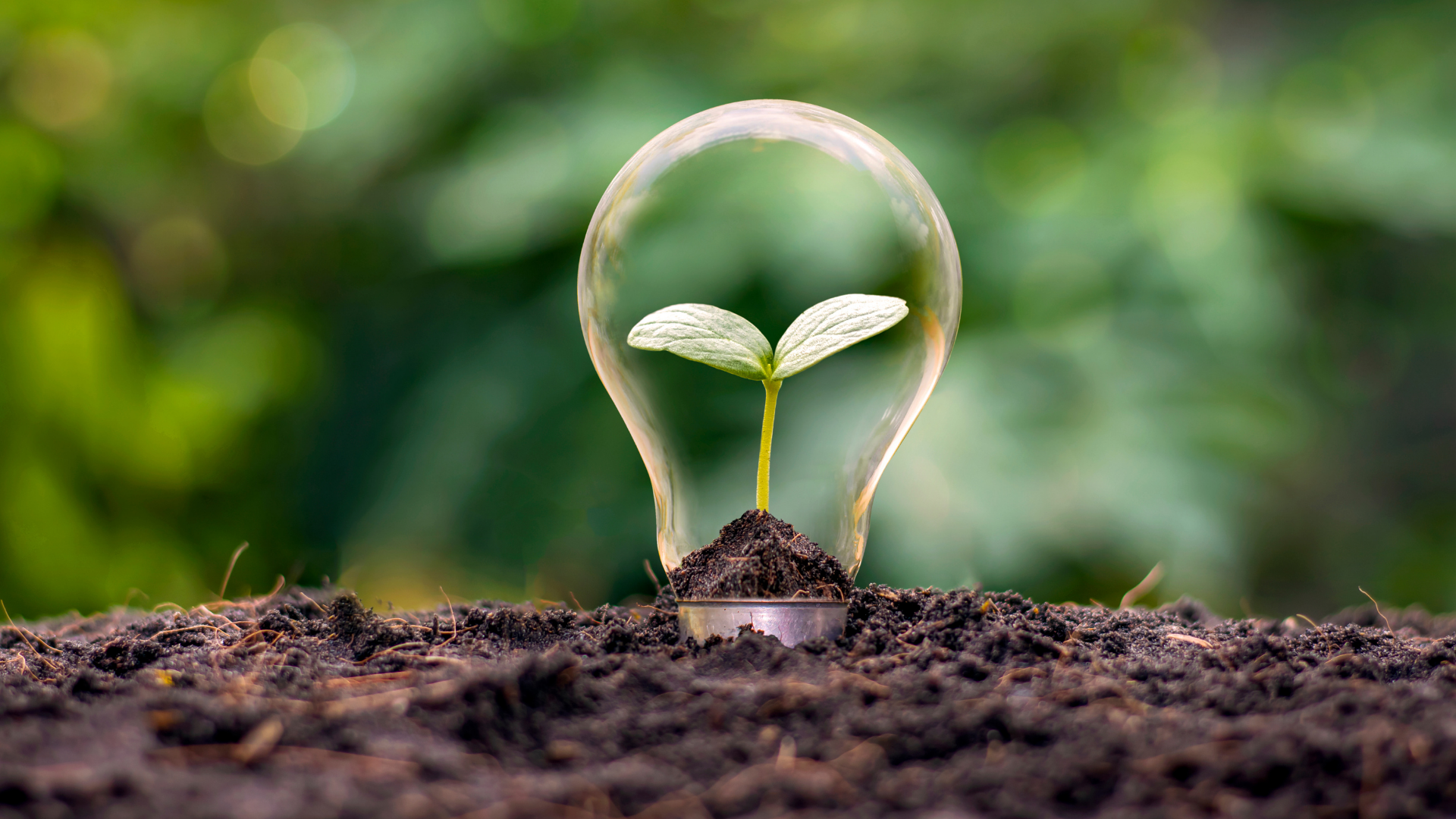YKK Corporation announces that it has signed the Business/Investor Letter in Support of an Ambitious U.S. 2030 Climate Goal organized by the We Mean Business Coalition and Ceres. The letter asks President Biden to set the U.S. on a highly ambitious goal to halve emissions by 2030 and achieve net-zero emissions no later than 2050 in accordance with climate science to avoid the worst impacts of climate change.
In March 2020, YKK signed the Fashion Industry Charter for Climate Action, which sets the goal for the fashion industry of 30% aggregate reduction in greenhouse gas (GHG) emissions by 2030 and achieving net-zero emissions by 2050. YKK confirmed that commitment in October 2020 with the release of its Sustainability Vision 2050,[1] which serves as a roadmap to the company achieving net-zero emissions by 2050, among other targets. In March 2021, YKK’s emissions reduction targets were approved by the independent Science Based Targets initiative (SBTi) as consistent with levels required to meet the goals of the Paris Agreement – limiting global warming to well-below 2°C above pre-industrial levels and pursuing efforts to limit warming to 1.5°C.
“YKK has been committed to serving as a responsible steward of the environment for decades,” stated Jim Reed, President of YKK Corporation of America. “Science around the threat of global warming emphasizes and accelerates the need to act.”
Joining the Business/Investor Letter deepens the sustainability commitments YKK has made to date and aligns with the company’s philosophy of the ‘Cycle of Goodness,’ which declares that no one prospers without rendering benefit to others. In 1994, YKK released its Environmental Charter, which proclaimed “harmony with the environment” as being the highest priority of its business activities. That same year, YKK launched the NATULON® zipper, the first zipper to be made with recycled material.
____________________
[1] YKK’s Sustainability Vision 2050 addresses climate change, material resources, water resources, chemical management, and human rights, and aligns YKK’s efforts with ten UN SDGs. It includes the commitment to a 50% reduction of Scope 1 (direct emissions) and Scope 2 (indirect emissions) emissions from a 2018 baseline year by 2030. It also commits to a 30% reduction in Scope 3 emissions (all indirect emissions not included in Scope 2 that occur in its value chain), with the goal of being carbon neutral by 2050.

